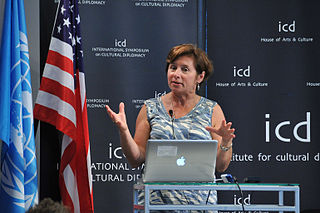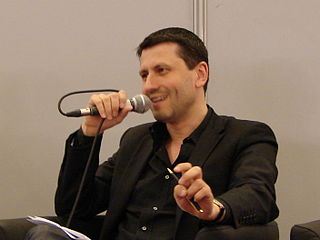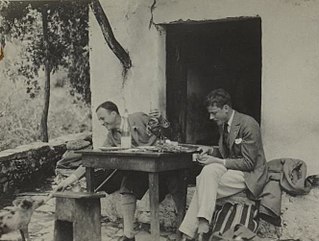A Quote by Cynthia P. Schneider
The most successful cultural diplomacy strategy integrates people-to-people or arts/culture/media-to-people interactions into the basic business of diplomacy. The programs in Afghanistan, Egypt, and Iran all contribute to core goals of U.S. policy in those countries.
Related Quotes
After the revolution of 1979, Iran embarked on a policy of sectarianism. Iran began a policy of expanding its revolution, of interfering with the affairs of its neighbors, a policy of assassinating diplomats and of attacking embassies. Iran is responsible for a number of terrorist attacks in the Kingdom, it is responsible for smuggling explosives and drugs into Saudi Arabia. And Iran is responsible for setting up sectarian militias in Iraq, Pakistan, Afghanistan and Yemen, whose objective is to destabilize those countries.
If I look at the really important questions in [Middle East] region, I see Iran, where there is a strong desire for a freer society and where people are repressed by a small group of ayatollahs. I see Syria, where we can see a similar desire of the people to be free. These two countries fund Hezbollah and other terrorist organizations and are hurting our efforts in Afghanistan and have been extremely harmful in Iraq. Then I also see large, important countries such as Egypt and Saudi Arabia.
There is a need for educators, young people, artists and other cultural workers to develop an educative politics in which people can address the historical, structural and ideological conditions at the core of the violence being waged by the corporate and repressive state and to make clear that government under the dictatorship of market sovereignty and power is no longer responsive to the most basic needs of young people - or most people for that matter.
The important thing here to understand is that the people that are at Guantanamo are bad people. I mean, these are terrorists for the most part. These are people that were captured in the battlefield of Afghanistan or rounded up as part of the Al Qaeda network. We've already screened the detainees there and released a number, sent them back to their home countries. But what's left is hard core.
Measuring success in cultural diplomacy - the use of education, creative expression in any form, or people-to-people exchange to increase understanding across regions, cultures, or peoples - is challenging. How does one quantify changes in attitude, abandoning stereotypes, or feeling empathy as a result of a performance, a film, a book?
If the six-nation forums dealing with Iran and North Korea suffer comparable failures, the consequence will be a world of unchecked proliferation, not controlled by either governing principles or functioning institutions. A modern, strong, peaceful Iran could become a pillar of stability and progress in the region. This cannot happen unless Iran's leaders decide whether they are representing a cause or a nation - whether their basic motivation is crusading or international cooperation. The goal of the diplomacy of the Six should be to oblige Iran to confront this choice.
I believe on foreign policy that there is little difference between the Democrats and Republicans on the Senate Foreign Relations Committee. We believe that the best course for containing North Korea's nuclear program is through diplomacy, and we disagree with the language the President Donald Trump has used, and the fact that he's made it more difficult for diplomacy to work.
Let me be clear: I'm a believer in a robust military, which is essential for backing up diplomacy. But the implication is that we need a balanced tool chest of diplomatic and military tools alike. Instead, we have a billionaire military and a pauper diplomacy. The U.S. military now has more people in its marching bands than the State Department has in its foreign service - and that's preposterous.
In our country and in our times no man is worthy the honored name of statesman who does not include the highest practicable education of the people in all his plans of administration. He may have eloquence, he may have a knowledge of all history, diplomacy, jurisprudence; and by these he might claim, in other countries, the elevated rank of a statesman: but unless he speaks, plans, labors, at all times and in all places, for the culture and edification of the whole people, he is not, he cannot be, an American statesman.







































